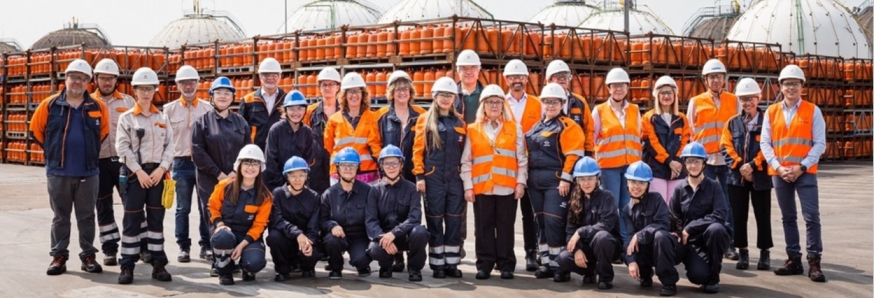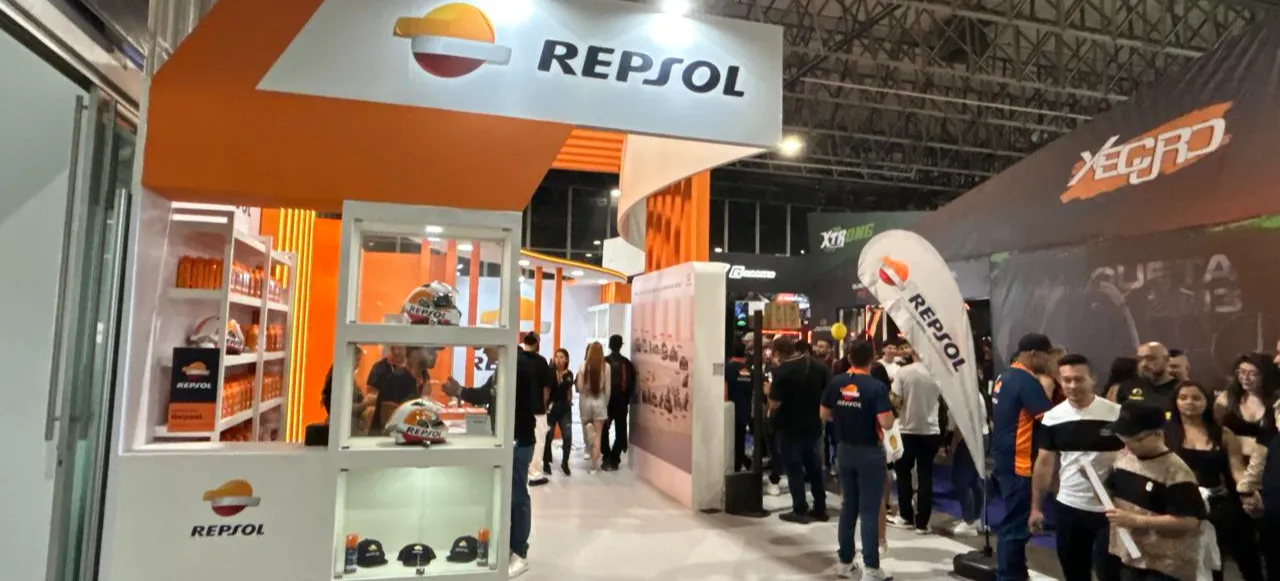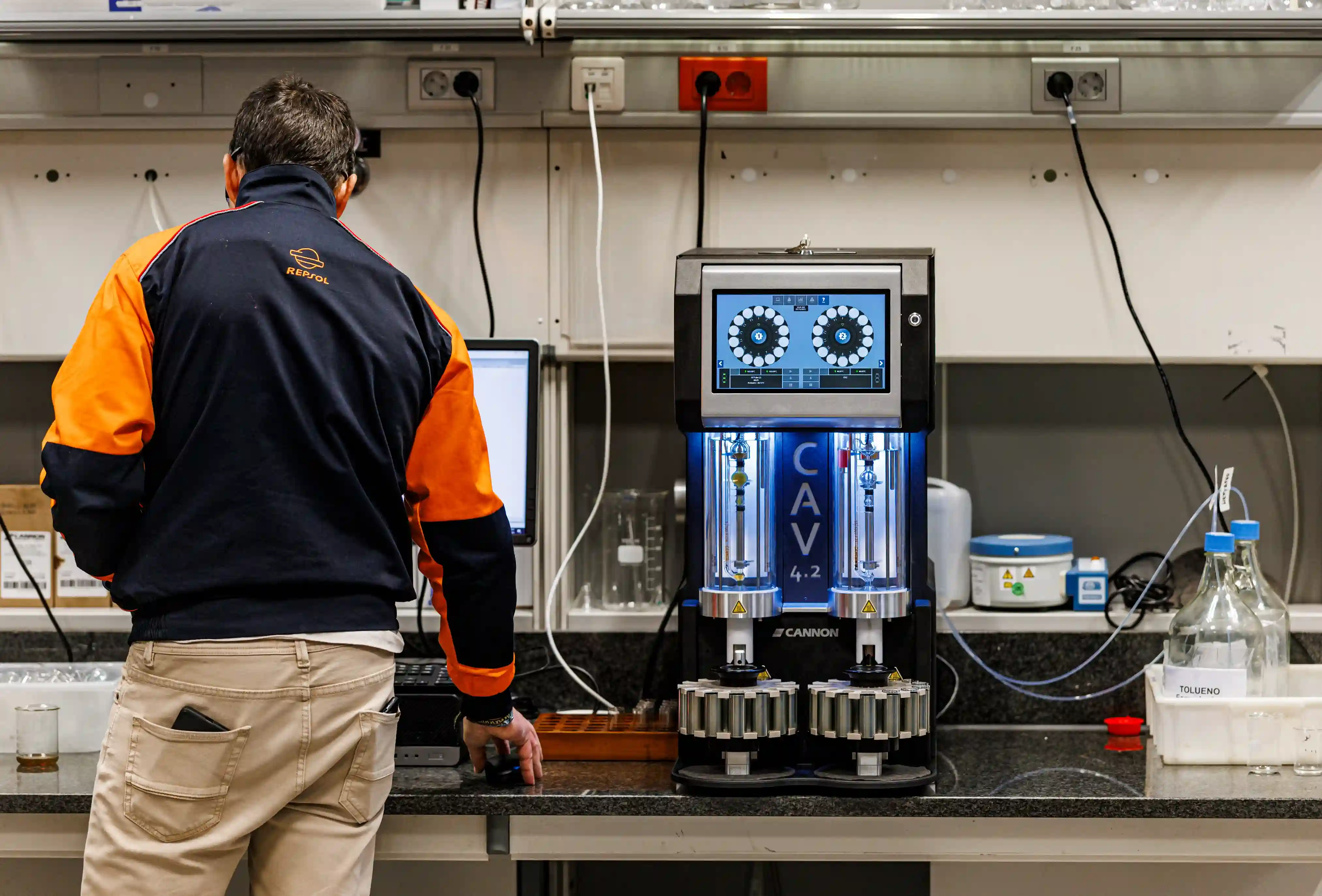Repsol and the Red Cross offer technical training for women in situations of vulnerability

Thanks to a collaboration agreement signed between Repsol and the Red Cross, our production center in Puertollano has conducted the first training of many to come, to promote the integration of women at risk of social vulnerability into the industrial field.
About thirty women in this situation attended theoretical and practical training in Puertollano, and the agreement is to continue offering this training in the five Spanish localities where Repsol has LPG, Lubricants, and Asphalts factories.
The Director of People and Organization of the Executive Managing Division of the Client, Roberto Cabrera, and the provincial president of the Red Cross, Encarnación Luque, formalized this collaboration, which is part of the nationwide Red Cross Employment Plan program and is developed together with companies from different productive sectors.
This alliance is a boost to Repsol's commitment to equal opportunities, incorporating female talent into the industrial sector where women have historically been a minority. With this in mind, adding the Red Cross to this strategy "seemed to be a good opportunity because they have an extensive network of programs aimed at vulnerable groups, which, with the appropriate training, can have a chance of finding quality jobs in the industrial sector," adds Cabrera.
Meanwhile, the Red Cross provincial president, Encarnación Luque, highlighted Repsol's involvement in this initiative, which will create opportunities that change the lives of women, providing job opportunities and carrying out actions that help to reduce the gender gap in certain professions.
Women in industry, an active project in five provinces
The Women in Industry employability project, led by Repsol and the Red Cross, is being carried out at the company's LPG, Lubricants, and Asphalts factories in five Spanish localities: A Coruña, Castellón, Barcelona, Cartagena, y Puertollano.
Students who pass the required tests, as well as the practical phase, will become part of the employment pool at these factories. This way, Repsol can anticipate the needs that may arise in its factories and keeps its employment pool active, with personnel trained by the company itself and who are familiar with the business.
Related contents




